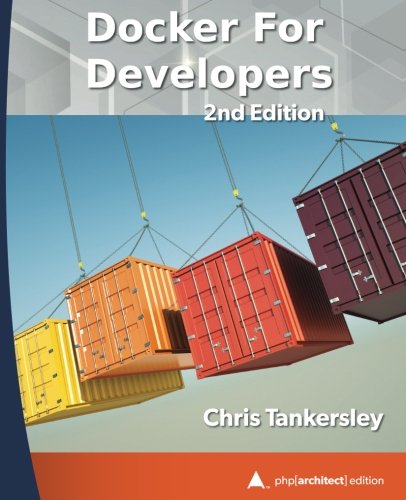; Date: Tue Jul 01 2008
Tags: OpenJDK »»»»
Neil McAllister asks
Java is free at last. Now what? and seems to take the position that while Java is a very successful technology that since "The Linux community, in particular, has long viewed Java with ambivalence" that perhaps achieving this milestone of
Fedora's OpenJDK/IcedTea implementation passing the JCK may not be all that big a deal. Huh?
There are other ways of looking at this..
such as this post by 'ctrambler' and this earlier post discussing the coming tsunami unleased by the OpenJDK.
Yeah, there are many in the Linux community who don't seem to care about Java. I've heard this several times from many people ... such as last month when I attended the Ubuntu Developer Summit (in Prague) and while there were many people interested that OpenJDK was coming to Ubuntu it didn't unleash huge excitement and fanfare. At least they didn't yawn in my face and instead they were very friendly (I really enjoyed UDS.. it was great great fun).
My theorizing is that the the state of Java-for-Linux before OpenJDK precluded Java from being widely distributed on Linux, and that installation hurdle kept many from installing Java on their Linux boxes, and that this kept Java a stranger on Linux which then led to the "don't care about it" attitude of some Linux folk. There's also some mangled history such as the transition from Blackdown's Java to Sun's and while that's pretty old history it may have left a bad memory in some peoples minds.
The
Operating System Distributor License for Java (DLJ) project (FWIW for which I am now the tech lead) was an attempt to broaden Java distribution on Linux and OpenSolaris. The DLJ bundles are still a closed source binary but they are under terms which allow for redistribution and many Linux distros have chosen to redistribute DLJ-derived JDK bundles. Even so the DLJ-derived JDK is not distributed in all distros and the ones who do distribute DLJ derived JDK's are putting them in their non-free repositories because, hey, it's not under a free license.
Getting back to my theorizing ... the history up until this moment ... Sun's JDK RPM bundles .. the DLJ-derived DLJ bundles .. at no time until OpenJDK were fully useable and compatible JDK's available under terms which could be widely distributed in Linux distros. Comparatively other languages like Perl/Python/PHP/Ruby were under licenses that allowed wide distribution in Linux distros. Of course Linux people might not care about Java because they already have some languages they can use without having to deal with the hurdle of downloading and installing an RPM that isn't distributed through their regular packaging system.
2+ years ago when the DLJ project started it was like a breath of fresh air on Ubuntu to go from the nightmare install process it used to require on Ubuntu to the simplicity of "apt-get install sun-java5-jdk". As OpenJDK is more widely distributed in Linux it ought to, over time, make for enough familiarity to change the story of Java-for-Linux. In other words, familiarity and time may well do the trick.
It's not that today we are in a state of nirvana with Java-for-Linux. But I think we're on a very positive path and over the next couple years we should end up in a very good place. Uh, that is, unless the opensource-antibodies that supposedly infest Sun have their way ... (wink) Hmm.. We're 2+ years into the process of open sourcing Java and I have yet to see opensource-antibodies.
Source:
weblogs.java.net











